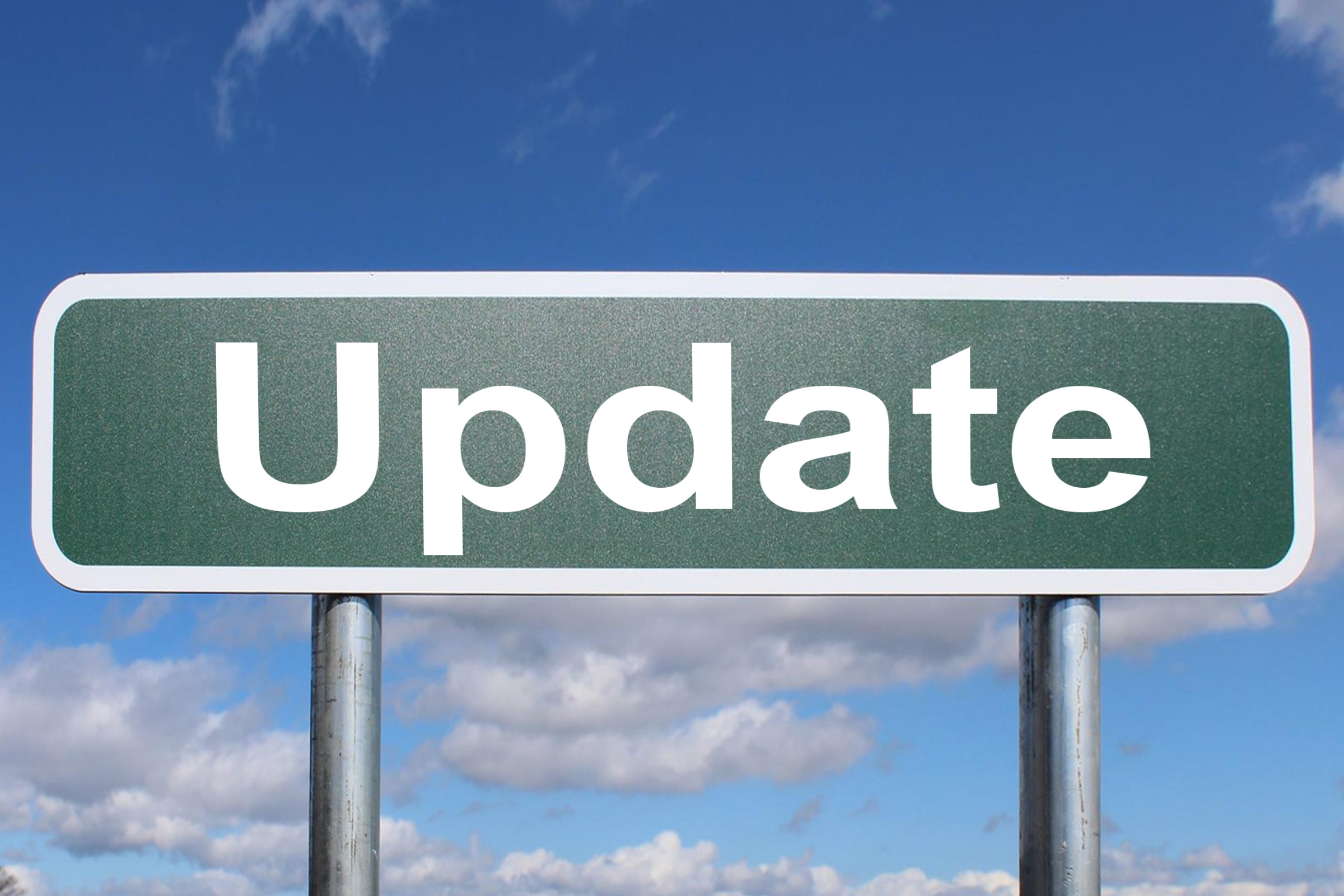As reported in the Mohave Free Press February issue, Governor Katie Hobbs was facing harsh criticism from the Legislature for requiring an immediate financial bailout to prevent insolvency of State agencies.
As it turns out, Arizona’s Division of Developmental Disabilities (DDD) faced a $122 million budget shortfall, threatening services for nearly 60,000 Arizonans with conditions like autism, cerebral palsy, and Down syndrome. The crisis stemmed from overspending under Hobbs’ administration, due to her unfunded continuation of the Parents as Paid Caregivers (PPCG) program, an expired federally funded initiative allowing parents to be compensated for caring for their disabled children at home during the "pandemic”.
The Republican controlled Arizona Legislature ultimately passed a bipartisan bill to cover the deficit, with funds essentially being pulled from the Arizona Health Care Cost Containment System (AHCCCS), but critics argue it failed to hold Hobbs accountable for the mismanagement that led to the shortfall.
The DDD program, part of the Department of Economic Security, provides critical services such as medical care, therapies, and in-home support. This January, Hobbs administration reported the program’s costs had surged from $750 million to $1.5 billion. Republican lawmakers, led by House Appropriations Committee Chairman David Livingston, accused Hobbs of fiscal mismanagement, claiming her administration made major financial commitments without legislative oversight. Livingston highlighted that the shortfall grew from $109 million to $122 million in weeks, risking service disruptions by May 1, 2025.
The standoff between Hobbs and the Legislature intensified over how to address the shortfall. Hobbs pushed for a “clean” supplemental funding bill without reforms. Republicans, however, demanded guardrails, such as capping PPCG hours at 40 per week per child and auditing the program, citing its unsustainable growth. They accused Hobbs of expanding DDD programs without legislative approval. Tensions peaked when Hobbs announced a bill-signing moratorium on April 17, vowing to veto all new legislation until a bipartisan funding solution was reached.
After months of public sparring, the Legislature passed HB 2945 last month, with a 48-11 House vote, and Hobbs signed it the same day. The bill provided the $122 million needed to keep DDD operational through the fiscal year, protected services, and included compromises like the 40-hour PPCG cap and $355,000 for an Auditor General’s audit of the program by August 2026.
The Legislature’s response drew criticism for failing to hold Hobbs accountable for the overspending. Critics argued that Hobbs bypassed legislative authority by unilaterally expanding DDD programs, yet the final bill imposed no direct consequences leaving unanswered questions about how the DDD budget doubled. The audit was deferred to 2026, delaying any findings until well after the crisis.
Prioritizing immediate funding over accountability was likely driven by the urgency of protecting services, as advocates warned of catastrophic outcomes, including potential institutionalization for disabled individuals.
As Arizona moves toward setting its 2026 budget, Hobbs failure to work within her financial limits will make for a contentious process going forward.

